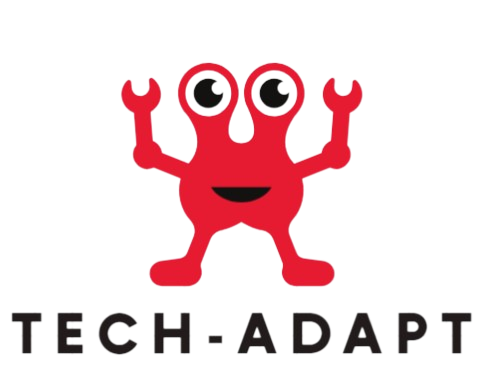Quantum Computing
Introduction: In the ever-evolving landscape of technology, one concept stands out as both promising and enigmatic: quantum computing. While traditional computers have been instrumental in shaping our digital world, quantum computing holds the potential to revolutionize it further. In this blog, we embark on a journey to explore the fascinating realm of quantum computing, its principles, applications, and the transformative impact it could have on various industries.
Understanding the Basics: To comprehend quantum computing, we must first grasp the fundamental principles of quantum mechanics. Unlike classical computers, which rely on bits represented as either 0 or 1, quantum computers use quantum bits or qubits. These qubits can exist in multiple states simultaneously, thanks to a phenomenon called superposition. Moreover, qubits can be entangled, meaning the state of one qubit is intrinsically linked to the state of another, regardless of the distance between them.
Harnessing Quantum Supremacy: One of the most significant milestones in the field of quantum computing was achieved with the concept of quantum supremacy. This term refers to the point at which a quantum computer can outperform the most powerful classical computers in certain tasks. Google’s achievement of quantum supremacy in 2019 marked a pivotal moment, demonstrating the computational prowess of quantum systems.
Applications Across Industries: The potential applications of quantum computing span a multitude of industries, promising breakthroughs in areas that were previously deemed intractable for classical computers:
- Cryptography: Quantum computers have the potential to crack existing encryption algorithms, spurring the development of quantum-resistant cryptographic techniques.
- Drug Discovery: Quantum simulations could revolutionize the process of drug discovery by accurately modeling molecular interactions, leading to the development of novel treatments for diseases.
- Optimization Problems: Quantum computers excel at solving complex optimization problems, offering efficiency gains in areas such as logistics, supply chain management, and financial portfolio optimization.
- Artificial Intelligence: Quantum machine learning algorithms could enhance AI capabilities, enabling faster training of models and improved pattern recognition.
Challenges and Considerations: Despite its promise, quantum computing faces several challenges that must be addressed:
- Error Correction: Quantum systems are inherently susceptible to errors due to decoherence and environmental noise. Developing robust error correction techniques is crucial for building reliable quantum computers.
- Scalability: Current quantum computers are limited in terms of the number of qubits and coherence times. Overcoming scalability issues is essential for realizing the full potential of quantum computing.
- Access and Education: Quantum computing remains a niche field, requiring specialized knowledge and resources. Increasing accessibility and fostering education in quantum technologies are imperative for widespread adoption.
Looking Ahead: As research and development efforts in quantum computing continue to advance, we stand on the brink of a technological revolution with profound implications. From solving complex scientific problems to revolutionizing industries, the potential of quantum computing knows no bounds. While challenges lie ahead, the promise of harnessing the power of quantum mechanics to reshape our digital future is an exciting prospect that beckons us forward.
Conclusion: In the grand tapestry of technological innovation, quantum computing emerges as a shining thread, weaving together the realms of physics, mathematics, and computer science. As we unlock the mysteries of quantum mechanics and push the boundaries of computational capabilities, the journey towards realizing the full potential of quantum computing promises to be as exhilarating as it is transformative. Let us embark on this voyage with curiosity, perseverance, and a sense of wonder, for the horizon of possibilities stretches infinitely before us.

